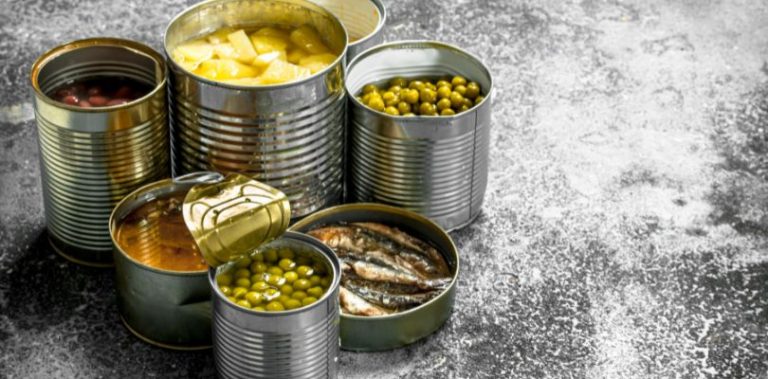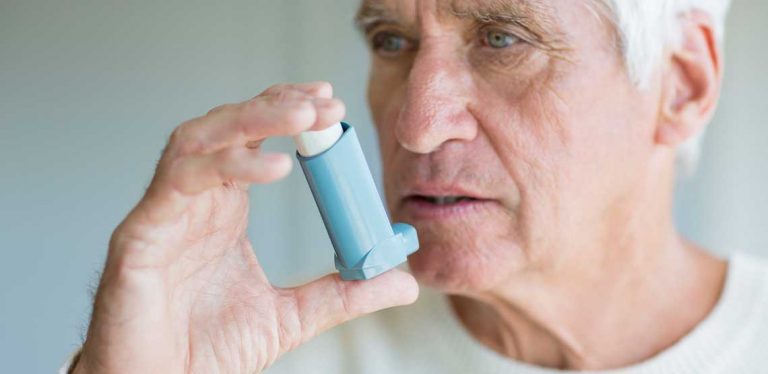Understanding Diabetic Renal Health
Managing a diet when you have both diabetes and chronic kidney disease (CKD) can be particularly challenging, as it requires a careful balance of nutrients while avoiding certain foods and beverages to prevent exacerbating these conditions. In this article, we will look at 10 of the worst foods and drinks for individuals with diabetes and CKD and delve into the signs and symptoms of both disorders. We will also explore treatment options available for CKD, including RETACRIT which is indicated for the treatment of anemia due to CKD.
Ten Worst Foods and Drinks for Diabetics with CKD
1. Alcohol
For individuals with diabetes and CKD, consuming alcohol can impact blood sugar levels and increase blood pressure. Kidneys are already under strain and alcohol can cause further damage by altering the function of the kidneys and liver.
2. Dark-Colored Sodas
These beverages often contain phosphorus additives and high amounts of sugar, which can be harmful to diabetic patients. Phosphorus can build up in the blood when kidneys are not filtering properly, leading to bone and heart issues.
3. Potatoes and Sweet Potatoes
Although generally healthy, these vegetables are high in potassium. Too much potassium can be dangerous for people with CKD because their kidneys cannot eliminate excess potassium effectively.
Related Search Topics (Ads)
4. Avocados
Like potatoes, avocados are another source of high potassium, which is problematic for those with kidney disease. It's important to limit high-potassium foods to keep potassium levels in the safe range.
5. Canned Foods
They often contain high amounts of sodium and phosphorus, both of which should be limited in a renal diabetic diet to control blood pressure and protect kidney function.
6. Whole Wheat Bread and Brown Rice
Typically seen as healthy whole grains, they contain high levels of phosphorus and can be detrimental for someone with kidney disease.
7. Bananas
They are high in sugar and potassium, which can be a concern for diabetics and those with CKD, as both need to manage their potassium intake.
8. Processed Meats
These meats are usually high in sodium and phosphate additives, which can strain the kidneys and lead to worsened kidney function over time.
9. Pickled Foods
The pickling process adds significant amounts of sodium to foods, which can be harmful by increasing blood pressure and causing fluid retention, both are potential hazards to kidney and cardiovascular health.
10. Dairy Products
Dairy products can be high in phosphorus and should be consumed in moderation or avoided, depending on the severity of CKD.
Understanding Diabetes and its Signs and Symptoms
Diabetes is a chronic condition characterized by elevated levels of blood sugar (glucose), which can lead to serious damage to the heart, blood vessels, eyes, kidneys and nerves over time. Here are some common signs and symptoms of diabetes.
Increased Thirst and Frequent Urination: Excess sugar building up in the bloodstream causes fluid to be pulled from the tissues, leading to more thirst. As a result, there is more frequent urination needed to eliminate the excess glucose.
- Unexplained weight loss: Diabetes can prevent sugar from reaching your cells, leading to muscle depletion and weight loss.
- Feeling fatigued and weak: Since your cells are deprived of glucose, this can lead to a lack of energy and tiredness.
- Mood changes: Blood sugar fluctuations can impact your mood, causing irritability and rapid mood swings.
- Blurry vision: High blood glucose can lead to fluid being pulled from the lenses of your eyes, affecting your ability to focus.
- Slow-healing sores: Over time, high blood sugar can affect blood flow and cause nerve damage, which makes it hard for the body to heal wounds.
Chronic Kidney Disease and its Signs and Symptoms
Chronic kidney disease (CKD) is the gradual loss of kidney function over time. The kidneys are responsible for filtering wastes and excess fluids from the blood, which are then excreted in the urine. When CKD reaches an advanced stage, dangerous levels of fluid, electrolytes and wastes can build up in the body. Here are some signs and symptoms of CKD.
- Swelling in Hands and Feet: When the kidneys fail to eliminate excess fluid properly, it can lead to swelling in the extremities.
- Shortness of breath: Fluid can accumulate in the lungs, causing difficulty breathing.
Foamy Urine: Excess protein in the urine can create a foamy appearance, indicating kidney damage. - Muscle cramps: Imbalances in electrolytes, such as calcium and phosphorus, can cause muscle cramping.
- Numbness: Advanced CKD can lead to peripheral neuropathy, causing numbness or tingling, particularly in the hands or feet.
- Nausea and vomiting: A buildup of waste products in the blood (uremia) can cause nausea or vomiting.
- Darkening of skin: Changes in skin tone can occur due to a buildup of certain substances as kidney function declines.
- Bruising: CKD can result in a lower blood cell count, causing bruising and anemia.
Treatment Options for Chronic Kidney Disease
Managing CKD involves slowing the progression of kidney damage, usually by controlling the underlying cause. Here are some common treatment options for CKD.
- ACE inhibitors and ARBs: Angiotensin-converting enzyme (ACE) inhibitors and angiotensin receptor blockers (ARBs) help manage blood pressure and can slow the progression of kidney disease in some patients.
- Phosphate binders: These drugs control the amount of phosphorus in the blood, preventing bone disease associated with kidney disease.
- Diuretics: Also known as water pills, these can help remove excess fluid and manage blood pressure.
- RETACRIT: RETACRIT is a form of erythropoietin, which stimulates the production of red blood cells, reducing the risk of anemia in CKD patients.
- Dialysis: This treatment removes waste products and excess fluid from the blood when the kidneys can no longer do so effectively.
- Kidney transplant: A kidney transplant may be considered if the kidneys can no longer function.
Kidney-Friendly Eating
Careful management of diet, along with medical treatment, can make a significant difference in the quality of life and disease progression for individuals with diabetes and CKD. Collaboration with dietitians and healthcare providers is essential for creating a personalized and effective treatment plan.
Read on to learn about the best foods to keep your kidneys healthy.

